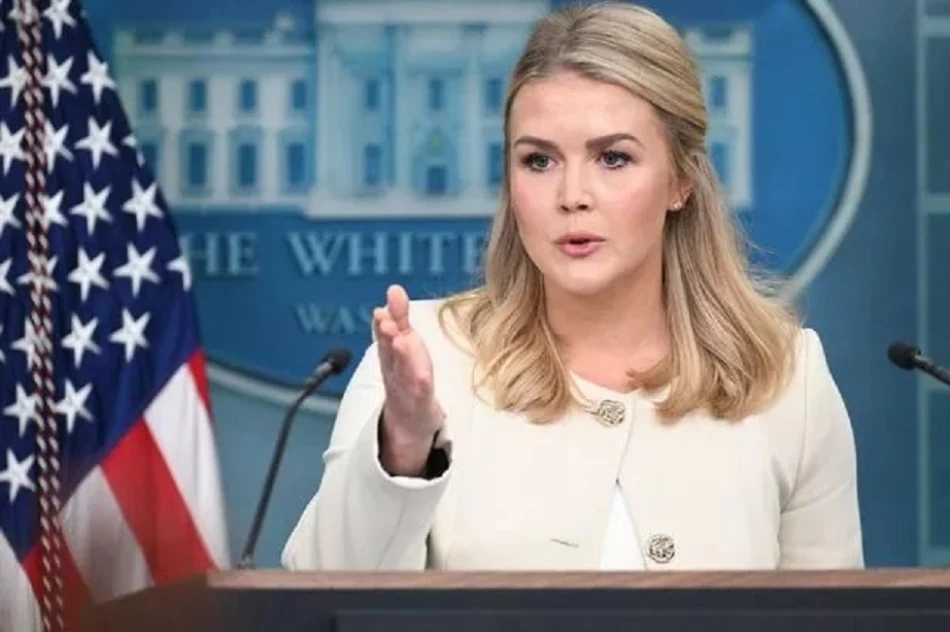
Trump Talks to Netanyahu and Qatari Emir After Israeli Attack, White House Confirms
Trump Distances US From Israeli Strike in Qatar, Calls Attack "Counterproductive"
President Donald Trump has reassured Qatar's leadership that Israeli military operations will not be repeated on Qatari soil, following an Israeli strike targeting Hamas officials in Doha. While Trump described the targeting of Hamas as a "worthy goal," the White House emphasized that the unilateral action in a sovereign US ally was unauthorized and undermines both Israeli and American strategic objectives in the region.
A Delicate Balancing Act in the Gulf
White House spokesperson Caroline Levitt revealed that Trump personally called Qatar's Emir Sheikh Tamim bin Hamad Al Thani after the Israeli operation. The call underscores the complex diplomatic tightrope the Trump administration must navigate between supporting Israel's security objectives and maintaining critical partnerships with Gulf allies.
The Pentagon had advance knowledge of Israel's intention to strike Hamas targets in Qatar, with US envoy Steve Witkoff instructed to warn Qatari officials of the impending attack. However, Levitt made clear that prior notification did not constitute American approval of the operation.
Qatar's Strategic Importance to US Interests
Qatar hosts the largest US military base in the Middle East at Al Udeid, making it a cornerstone of American regional strategy. The emirate has also served as a crucial mediator in hostage negotiations and ceasefire talks between Israel and Hamas, a role that could be jeopardized by military actions on its territory.
This incident highlights the tension between Israel's expanding military campaign against Hamas and America's need to preserve relationships with Arab partners who facilitate diplomatic solutions. Qatar's unique position—maintaining ties with both the US and various militant groups—has made it an invaluable intermediary in previous conflicts.
Netanyahu's Peace Promises Under Scrutiny
According to the White House, Israeli Prime Minister Benjamin Netanyahu told Trump he wants to "achieve peace quickly." However, unilateral military actions in allied territories raise questions about Israel's commitment to diplomatic channels and coordination with US strategy.
The strike in Doha represents a significant escalation in Israel's willingness to conduct operations beyond traditional theaters, potentially complicating Trump's stated goal of regional stability. Previous Israeli operations have typically been confined to Gaza, Lebanon, Syria, and occasionally Iran—making Qatar a notable expansion of the conflict's geographic scope.
Implications for Regional Diplomacy
The White House's public criticism of the Israeli action signals a potential shift in how the Trump administration manages its relationship with Netanyahu's government. Unlike previous instances where the US has provided diplomatic cover for Israeli operations, this response suggests clearer boundaries around actions affecting American allies.
For Qatar, the incident tests its delicate balancing act of hosting both US forces and Hamas officials. The emirate's continued role as a regional mediator may depend on its ability to maintain this neutrality without becoming a battlefield for proxy conflicts.
The episode also demonstrates the challenges facing Trump's Middle East strategy, which relies heavily on maintaining strong relationships with both Israel and Gulf partners to achieve broader regional objectives including normalization agreements and Iranian containment.
Most Viewed News

 Sara Khaled
Sara Khaled






